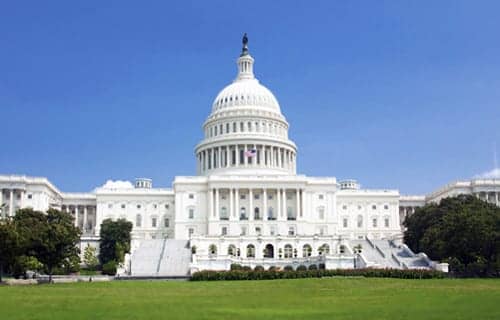With more than 8 million Americans now accessing health insurance through new options in the Affordable Care Act (ACA), there has never been a more crucial time for policymakers and insurance plans to act to save lives–and public dollars—by expanding and easing access to tools and treatments to help smokers quit, according to the American Lung Association’s “Helping Smokers Quit: Tobacco Cessation Coverage 2014” report.
The annual report notes that many lives and billions of state and federal dollars– including over $800 million in Medicaid spending –could be saved by ensuring that coverage under the ACA comprehensively helps smokers end their nicotine addiction.
The report reviews each state’s efforts to help smokers quit and provides an up-to-date look at federal coverage and requirements for quit smoking treatments under the Affordable Care Act.
Significant savings in public spending could be achieved by making sure smokers on Medicaid have broader access to comprehensive smoking cessation resources. People enrolled in traditional Medicaid smoke at much higher rates than the general population (30.1% versus 18.1% for ages 18–65). Smoking-related diseases cost Medicaid programs an average of $833 million in taxpayer dollars per state in 2013. The Lung Association’s report determined that:
- Only two states provide comprehensive cessation coverage for all Medicaid enrollees: Indiana and Massachusetts;
- Several states, including Alabama, Connecticut, Georgia, Maine, Ohio and Vermont, improved Medicaid cessation coverage for smokers since last year;
- Thirty five states charge copays for tobacco cessation treatments for individuals enrolled in Medicaid – even though evidence shows copays discourage use of treatment and many plans with higher-income enrollees are prohibited from charging them.
“Many smokers gained new health insurance coverage under the ACA at the beginning of this year, so we know that 2014 could be a watershed year for making the forward-thinking changes in our health coverage policies that help smokers quit,” said Paul G. Billings, Senior Vice President, Advocacy and Education at the American Lung Association.
“This is an important pathway to curbing health care costs and reducing the strain that tobacco-related illnesses place on our overall economy. But we need lawmakers and insurance plans to act broadly and right now to ensure that comprehensive quit smoking benefits are available to all smokers. It’s not only the right thing to do, it’s the smart thing to do.”








